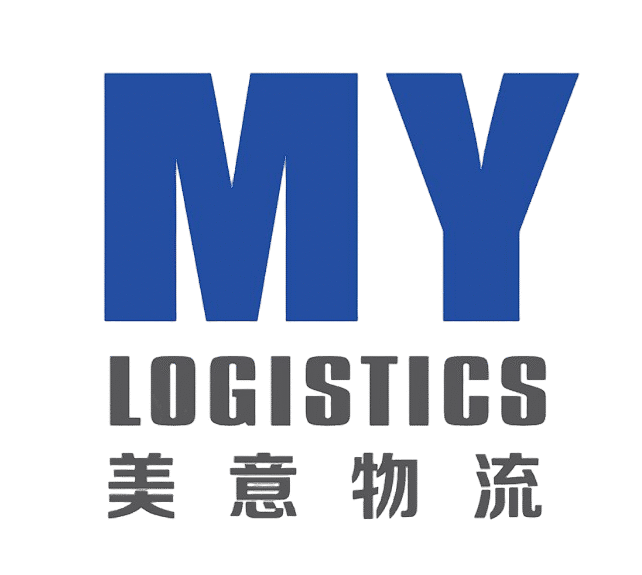How to Handle International Returns Without Losing Money
Managing international returns profitably requires more than just processing refunds. It demands a strategic approach that minimizes costs while maintaining customer satisfaction. Here’s how to transform returns from a financial burden into a competitive advantage.
Pre-Return Prevention Strategies
Product Page Optimization
Detailed Sizing Charts: Include international size conversions with visual guides
Multiple Angle Photos: Show products from all perspectives with scale references
Video Demonstrations: Demonstrate product use and actual size comparisons
Customer Reviews: Highlight fit and quality feedback from international buyers
Pre-Shipment Quality Control
Inspection Protocols: Implement 3-point checking before shipping
Function Testing: Verify electronic products work with destination country voltages
Packaging Verification: Ensure retail-ready packaging survives international transit
Documentation Accuracy: Double-check customs forms to prevent clearance issues
Cost-Effective Returns Process
Tiered Returns Authorization
Level 1: Instant Resolution (Under $25 value)
Offer immediate refund without return shipping
Provide 15% discount on next purchase
Cost analysis: Refund often cheaper than return logistics
Level 2: Local Solution ($25-$100 value)
Use regional return centers for consolidation
Partner with local repair shops for minor fixes
Implement restocking fee structure (15-25%)
Level 3: Strategic Return (Over $100 value)
Calculate return shipping vs product value
Use consolidated return shipments
Consider local liquidation options
Regional Returns Optimization
US & Canada Returns
Consolidation Points: Use warehouses in Texas and Ontario
Return Methods: Pre-paid labels with USPS/Canada Post
Processing Time: 10-15 days for assessment and restocking
Cost Range: $8-18 per return including processing
European Union Returns
Central Hub: Utilize Netherlands or Poland for EU-wide returns
Tax Optimization: Process returns within EU to avoid duty complications
Local Partnerships: Work with regional fulfillment centers
Timeframe: 12-20 days for full processing cycle
Australia & New Zealand
Consolidation: Weekly container consolidation to China
Inspection: Local quality checks before shipping
Cost Management: Sea freight for returns over 2kg
Special Handling: Quarantine compliance for certain products
Technology-Enabled Returns Management
Returns Automation System
Self-Service Portal: Customers initiate returns online
Automated Authorization: Rules-based approval for standard cases
Label Generation: Customized return labels based on location and product
Status Tracking: Real-time updates throughout return process
Data Analytics Integration
Return Reason Analysis: Identify patterns and product issues
Cost Tracking: Monitor return expenses by product category
Customer Behavior: Understand return frequency by customer segment
Supplier Feedback: Share return data with manufacturers
Financial Management Framework
Cost Calculation Model
Total Return Cost = (Outbound Shipping + Return Shipping +
Processing Fee + Restocking Labor +
Value Depreciation + Disposal/Liquidation)Profitability Thresholds
Under $15: Rarely economical to return internationally
$15-$50: Evaluate based on product condition and resale value
Over $50: Usually worth processing returns with proper management
Product-Specific Return Strategies
Electronics & Gadgets
Local Testing: Partner with repair centers for basic diagnostics
Component Harvesting: Recover valuable parts from non-working units
Refurbishment Program: Repair and resell as refurbished with warranty
Data Security: Ensure proper data wiping before resale

Fashion & Apparel
Quality Inspection: Check for wear, damage, or alteration
Steam Cleaning: Refresh items before restocking
Repackaging: Replace damaged packaging materials
Size Verification: Confirm accurate sizing before resale
Home & Furniture
Component Assessment: Evaluate which parts can be reused
Minor Repair: Fix small damages economically
Display Models: Use for showroom or photography
Parts Harvesting: Save hardware and components for future use
Implementation Roadmap
Phase 1: Foundation (30 days)
Set up basic returns authorization system
Establish regional return points
Create returns cost tracking spreadsheet
Train customer service team on new procedures
Phase 2: Optimization (60-90 days)
Implement returns automation software
Develop supplier quality feedback system
Establish refurbishment partnerships
Create data analytics dashboard
Phase 3: Advanced (120+ days)
Deploy AI for returns prediction
Implement circular economy initiatives
Develop premium refurbished product line
Establish global returns optimization
Key Performance Indicators
Financial Metrics
Return Rate as Percentage of Sales
Average Cost Per Return
Recovery Rate (Value recaptured from returns)
Returns Processing Time
Operational Metrics
First Contact Resolution Rate
Customer Satisfaction with Returns Process
Restocking Efficiency
Quality of Supplier Feedback
Actionable Cost-Saving Checklist
Implement pre-return quality control
Set up regional return consolidation points
Create tiered returns authorization system
Develop local repair and refurbishment partnerships
Establish clear restocking fee policy
Implement returns automation technology
Train staff on cost-aware returns processing
Set up regular returns data analysis
Develop supplier quality improvement program
Create customer education materials
Building a Returns-Focused Culture
Transforming international returns from a cost center to a managed process requires treating returns as an integral part of your business strategy rather than an afterthought. By implementing these systematic approaches, businesses can significantly reduce financial losses while improving customer loyalty and operational efficiency.
Need help optimizing your international returns process? We provide:
Returns strategy assessment and planning
Cost reduction implementation
Technology integration support
Lorem ipsum dolor sit amet, consectetur adipiscing elit. Ut elit tellus, luctus nec ullamcorper mattis, pulvinar dapibus leo.
Related Posts
The Essential Checklist for Shipping Perishable Goods Internationally
The Essential Checklist for Shipping Perishable Goods Internationally That moment…
Creating a Seamless Returns Process for Cross-Border Customers
Creating a Seamless Returns Process for Cross-Border Customers Building a…

